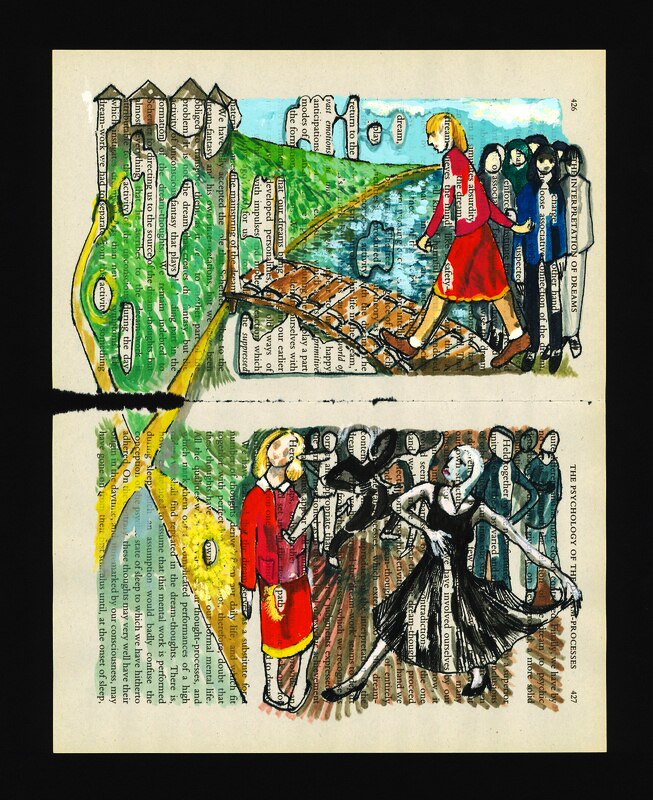
2020: COVID States of Mind
The outbreak of the COVID-19 pandemic immersed us in a new kind of uncertainty. It brought with it an ever-present threat of death. In a blow to collective narcissism, it also undermined modern fantasies developed through identification with cultural and technological advances.
In 2020, individual tragedies and sudden losses unfolded against the visible social backdrop of inequality and the moral injury of racism. Yet so many have also exercised loving, reparative impulses in extraordinary acts of kindness, generosity and creativity. Human nature, emerging from the tension between the life and death drives, has once again demonstrated its astonishing capacity for both good and evil.
To understand personal experiences, psychoanalysis goes beyond our immediate circumstances. It reaches our pre-existing, unconscious ways of relating, fearing and desiring. As the impact of the pandemic on our inner life is yet to be fully grasped, Freud’s wartime writings resonate like an uncanny echo:
‘It is to be hoped that once the mourning is over, it will be found that our high opinion of the riches of civilization has lost nothing from our discovery of their fragility. We shall build up again and perhaps on firmer ground and more lastingly than before.’